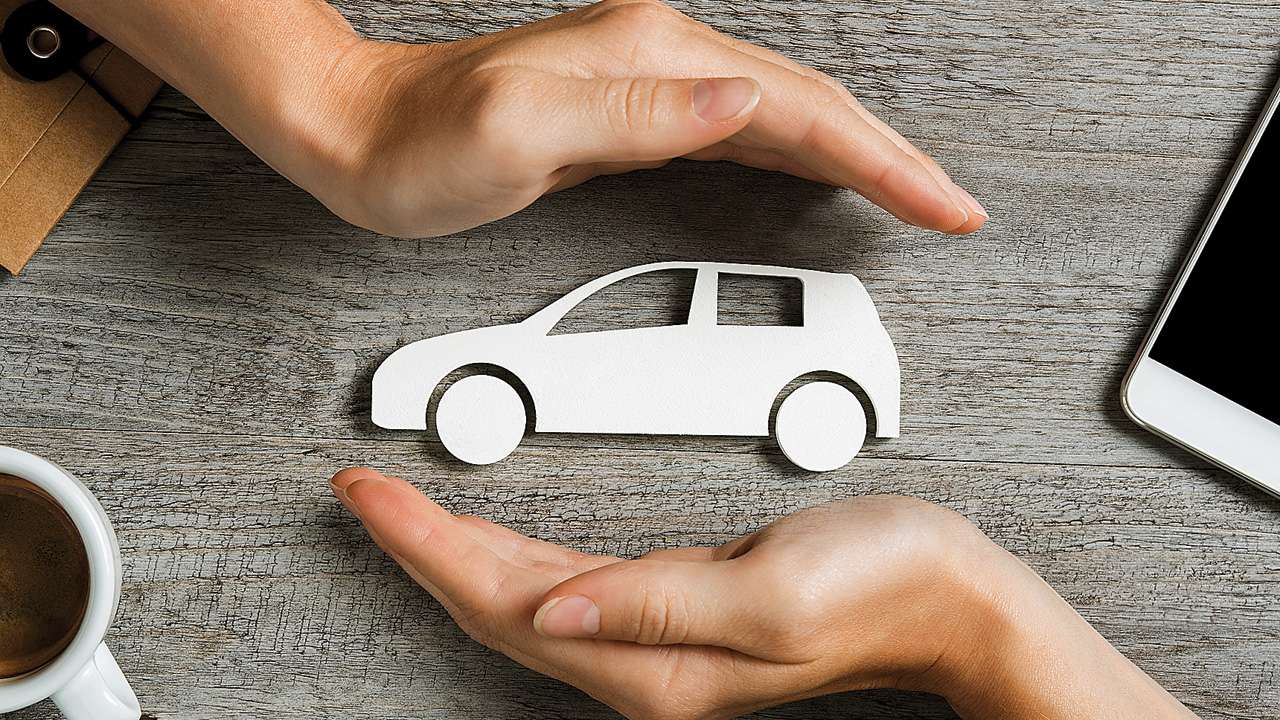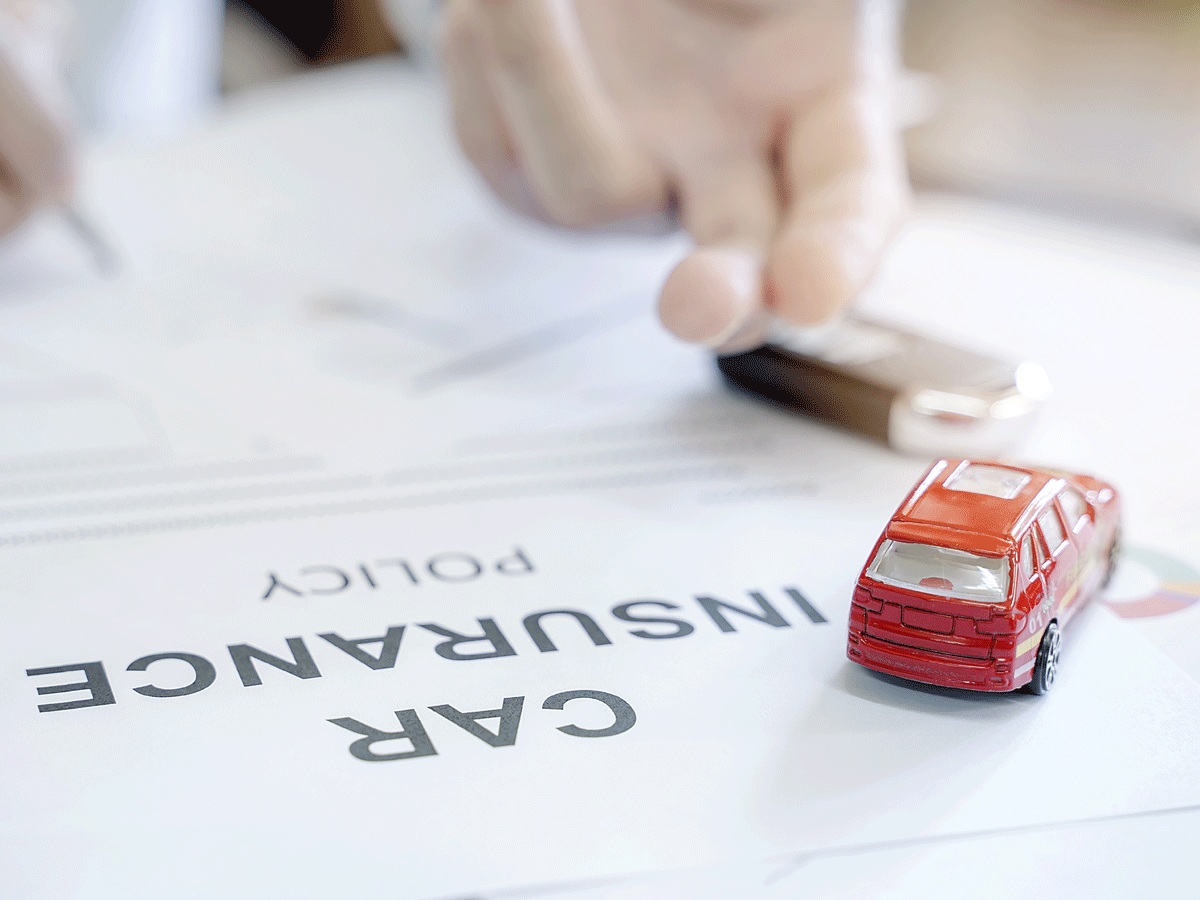When it comes to car insurance, there are many things to consider. How much coverage do you need? What type of policy is best for you? How much can you afford to spend? These are all important questions that need answers before signing up for car insurance. This blog post will discuss five questions you should ask yourself before choosing the best car insurance for young drivers.
1. How much coverage do you need?
Before signing up for car insurance, you need to figure out how much coverage you need. For example, do you want basic liability coverage, or do you want comprehensive and collision coverage? Make sure you know what each type of coverage entails to choose the right policy for you. MiWay can help out with any questions you may have.
You can probably get a cheaper policy if you only need liability coverage. However, if you want comprehensive and collision coverage, you will likely have to pay more for your premium. Therefore, it’s important to weigh the costs and benefits of each type of coverage before deciding what’s best for you.
Your car insurance company can help you figure out how much coverage you need. They may also be able to give you a discount if you bundle your home and auto insurance policies with them or if they have other special promotions going on at the time of purchase.
2. What type of policy is best for you?
There are a few different car insurance policies: liability, comprehensive, and collision. Which one is right for you depends on your needs and budget.
Liability coverage is the most basic type of policy. It covers damage that you do to other people’s cars in accidents, as well as property damage in accidents where you’re found at fault.
Comprehensive coverage pays for damages to your car caused by fire, theft, vandalism, and weather events like hail or flooding. It also covers medical expenses up to a certain amount if someone gets hurt while driving with you in the car (but not if they were at fault).
Collision coverage pays for damage to your vehicle caused by accident, regardless of who was at fault. This type of policy also covers medical expenses up to a certain amount if someone gets hurt while driving with you in the car (but not if they were at fault).
3. What type of car do you have?
Not all car insurance policies are created equal. For example, if you have a newer or more expensive car, you will likely need to buy a policy with more coverage. This is because the cost of repairing or replacing a newer or more expensive car is typically higher than the cost of repairing or replacing an older or less expensive car.
Your car insurance company will be able to tell you what type of policy you need based on the make and model of your vehicle. They may also offer discounts if you have certain safety features installed in your car, like anti-theft devices or airbags.
In conclusion, there are many factors to consider when purchasing car insurance. First, you must know how much coverage you need, what type of policy is best for your needs and budget, and which companies offer the best rates before deciding.





